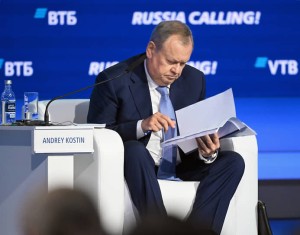The VChK-OGPU Telegram channel and Rucriminal.info publish the final part of the investigation into the most grandiose financial scam in the Russian Federation since the robbery of the people during the USSR.
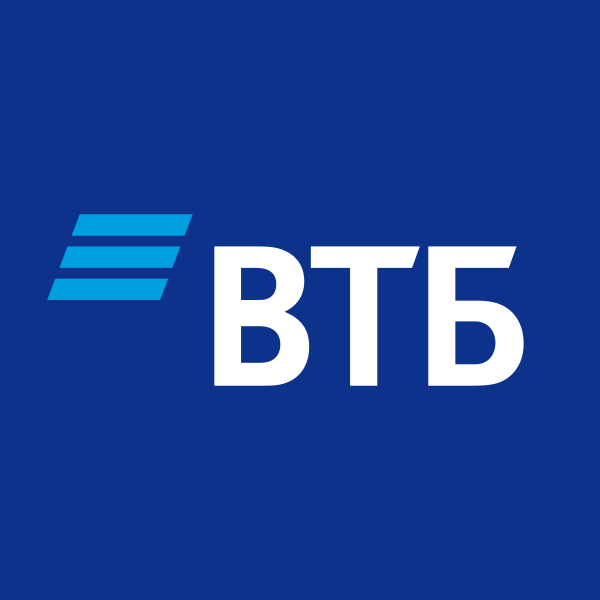
The version with unmarked assets and the blocking of some VTB assets in Euroclear, concocted in the "highbrow" offices of the Central Bank, appealed to them so much as an excuse for the process of exchanging the currency of unsanctioned clients for air that Goryunov simply forgot to read the Rules for Conducting Organized Trading of PAO SPB-Birzha, which clearly states the ban on trading in encumbered assets. But if he keeps referring to blocked assets, then his whole speech is about the fact that in the period from March to May 31, 2022, they actively traded VTB's encumbered assets, having previously replaced the storage locations of liquid assets of unsanctioned brokers on the St. Petersburg Exchange, where assets are traded in US dollars, with illiquid assets of sanctioned brokers on the Moscow Exchange, where securities are traded in rubles, calling the process of replacing money with air, liquidity with illiquidity, and one exchange with another a systemic risk. Let's take a closer look at how and what regulatory documents accompanied these operations. We can start with that very Decision of the Board of Directors of the Bank of Russia dated March 18, 2022. Literally in the very first paragraph, the Central Bank recommends transferring assets of clients of sanctioned banks to depository accounts of non-sanctioned banks in order to "prevent the spread of restrictive measures to their depositors." Moreover, in paragraph 1, the Central Bank notes the need to record the encumbrance or limitation of rights to dispose of such assets. In fact, after this operation of "careful transfer" from point A to point B, VTB investors finally lost access to their assets. These assets exist only in their application on non-trading accounts, just like a candy wrapper that can neither be eaten nor thrown away. At the same time, when issuing depository statements for these assets, not a single bank that has accepted these assets in any way notes the fact of their encumbrance or limitation of rights of use, as the Central Bank recommended them in its Decision of the Board of Directors. Because this would entail serious legal consequences. The decision of the Board of Directors of the Bank of Russia dated March 18, 2022 was preceded by an even more interesting document of the Central Bank, to which, unfortunately, clients of banks and exchanges that were not yet sanctioned at that time did not pay the slightest attention, and, in fact, it was already a signal that Russian exchanges should be immediately abandoned with the withdrawal of assets. We are talking about the Information Letter on a set of measures to support financial market participants No. IN-018-38/28 dated March 6, 2022. In this letter, the Central Bank essentially informs financial market participants, namely brokers, depositories, and investment fund managers, about force majeure and the associated deregulation of the market as such. For example, its most interesting point 8 reads as follows:
“8. The Bank of Russia will refrain from applying enforcement measures against depositories for the following violations until 01.01.2023:
- non-compliance of a foreign organization in which the depository has opened an account of a person acting in the interests of other persons for recording rights to securities represented by Russian depository receipts or to securities of foreign issuers during their public placement and (or) public circulation in the Russian Federation, with the criteria established by Bank of Russia Instruction No. 5311-U12;
Considering the fact that the claim of investors active in the investigations against brokers and the Central Bank was precisely the substitution of the BONY depository for Euroclear in the internal accounting registers of brokers, this letter practically demonstrates the “green light” that Nabiullina gave to broker depositories to solve the problems of both their own and their sanctioned clients by substituting storage locations, actively using the term “unmarked assets”, unknown to Russian laws.
From that moment on, the financial markets of the Russian Federation, in essence, lost regulation. It is impossible to assess the risks in such markets, so any sensible investor should have immediately left them, and not believed the lies of Roman Goryunov, director of the St. Petersburg Exchange, that trading was taking place in an internal pool, and that clients of unsanctioned brokers and banks were not in danger. This was a lie in order to continue exchanging middle-class currency for immobilized or illiquid assets that he would not be able to dispose of from the moment X.
It would be even more correct to pay attention to the timing of the so-called deregulation. In essence, the Central Bank gives market participants until the end of 2022 to replace one foreign organization in which the broker opened an account with another, move client assets from the exchange pool to off-balance sheet accounts and somehow resolve the problems of individuals and organizations that fell under sanctions, and the liquidity problems of the broker banks themselves. The second wave of blocking took place, as mentioned above, on 01.06.2022 in accordance with the Central Bank Order No. 018-38-6/4762 from 05/30/2022 - the same 14%, which turned into 35% for some brokers. From mid-2022, the St. Petersburg Exchange switches to trading Hong Kong securities, but the holiday did not last long, since on November 2, 2023, the St. Petersburg Exchange falls under blocking sanctions of the United States, and all foreign securities in its circuit fall under the final block. Thus, the time cycle of exchanging middle-class currency for air is completed (and many believe that all these agreements with BONY were signed only for this), and already on November 7, 2023, Roman Goryunov, who could compete with Mavrodi, leaves his post and becomes a member of the Board of Directors of the Kazakh trading platform ITS.
"So he ate akyns and saxaul for six months. And nothing - he arrived flabby and with bulging eyes" V. Erofeev "Moscow-Petushki".
However, in the finale it would be more appropriate to quote Nikanor Ivanovich's Dream from "The Master and Margarita".
And yes, periodically the Moscow Exchange announces the trading of blocked American shares on the over-the-counter market, where only the brokers themselves or other professional market participants have the right to buy. And here you need to understand that this is not trading shares, this is an attempt by the debtor, that is, the broker, to buy up the debt to a retail investor for half the price. Discounts of less than 50% to the stock exchange value of the share do not happen there. For example, the NVDA share, which on 04/29/25 cost more than $108 on the NYSE, is bought up on the interbank market for no more than four thousand rubles. This is simply an attempt to buy up the debt with a 50% discount and nothing else. Fortunately, money is not life, and Russian investors lost their savings in a much less deplorable situation than Ukrainian citizens. But during the period of fighting with banks, activists faced so many tragic events in life that it is extremely difficult to call them accidents. For example, Natalia Shpurik, who everyone knows from videos exposing VTB, lost her nephew, drugs were planted on the son of another activist Svetlana Mavrinskaya and he was put in prison, another activist Zhanna Borodina began the fight after being cured of cancer, but it returned to her very quickly in the process and she was gone, because she no longer had money for expensive treatment. Another activist had a wheel unscrewed from a car, apparently hoping for an accident. And personally, my life in Crimea was made simply impossible, somehow gaining access to the keys to the house. It does not even make sense to list cats with slit throats thrown under the fence, because these are trifles compared to everything else. After all, you need to understand that the amount of damage caused to Russian citizens only for two "careful transfers" of their assets as of the end of 2022, not counting the final blocking of assets of clients of the St. Petersburg Exchange at the end of 2023, amounted to at least $3.5 billion, and according to Bloomberg estimates - $20 billion. For comparison, Tesla's startup was worth $500 million. That is, with this money it was possible to launch a sea of projects and buy out a lot of enterprises, which is most likely what happened. The catch was too big, the stakes were too high for people who grew up as businessmen in the 90s not to remember ways to shut up particularly loud mouths. And that is why we decided to voice our vision of the situation and even make publicly available a claim against Tinkoff, which, in fact, lists all the legislation of the Russian Federation, according to which the actions of the exchange and the broker were illegal. The statute of limitations expires in May of this year, and there are millions of victims. Perhaps many of them will still reach the courts and perhaps even win their cases, let's wish them luck.
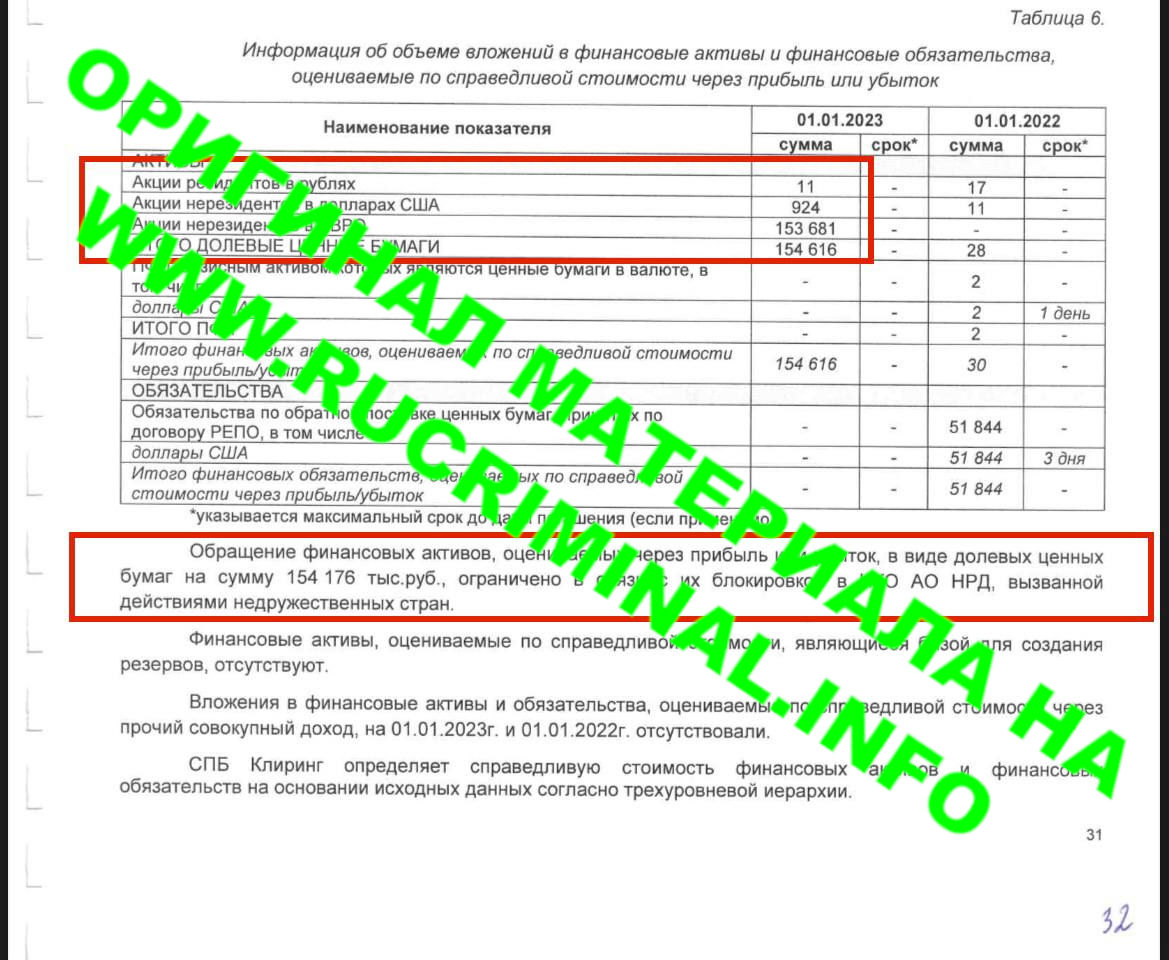
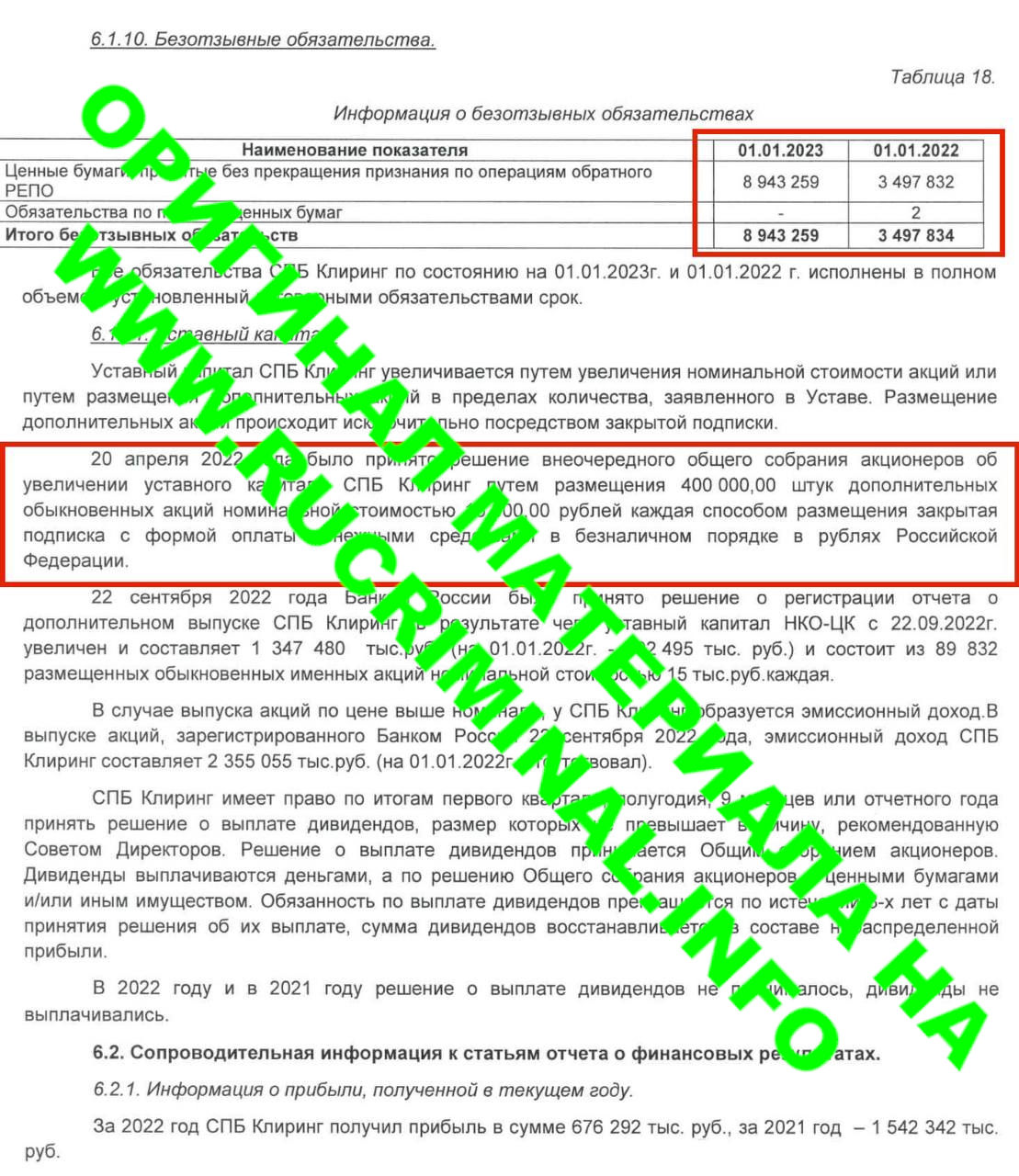
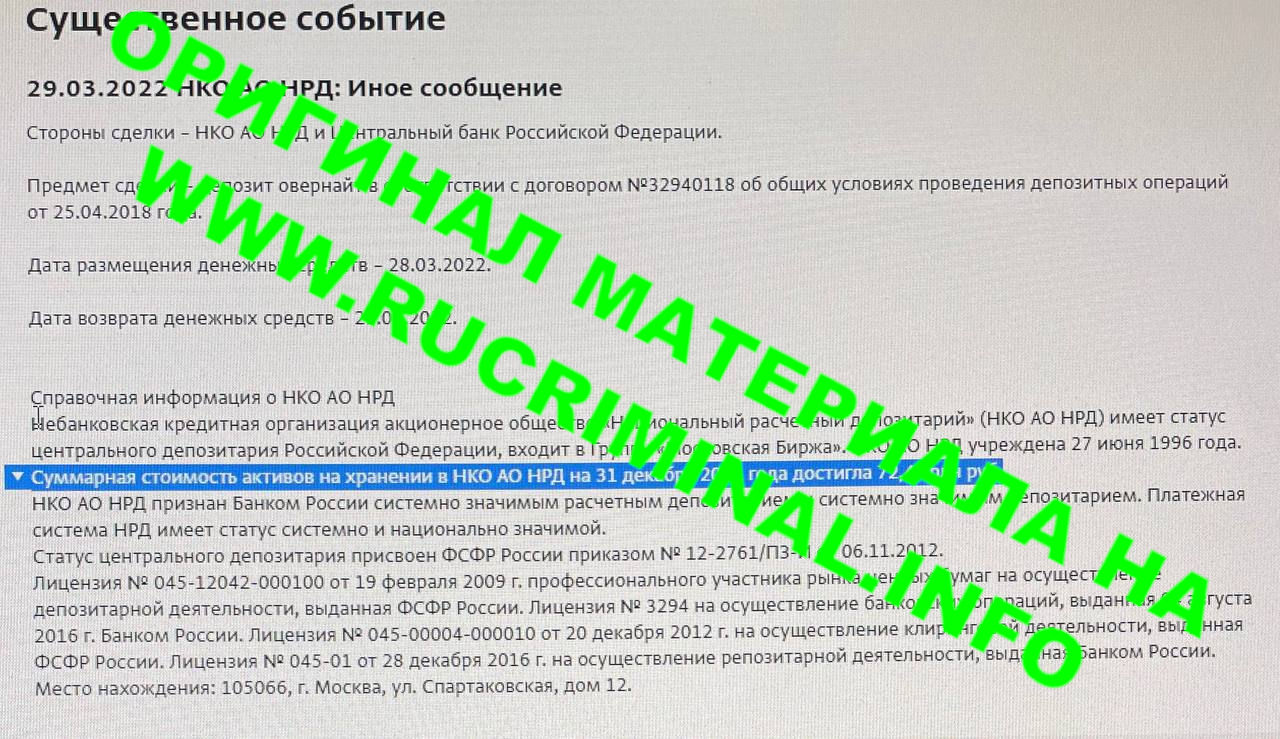
Tatyana Skorikova
To be continued
Source: www.rucriminal.info

